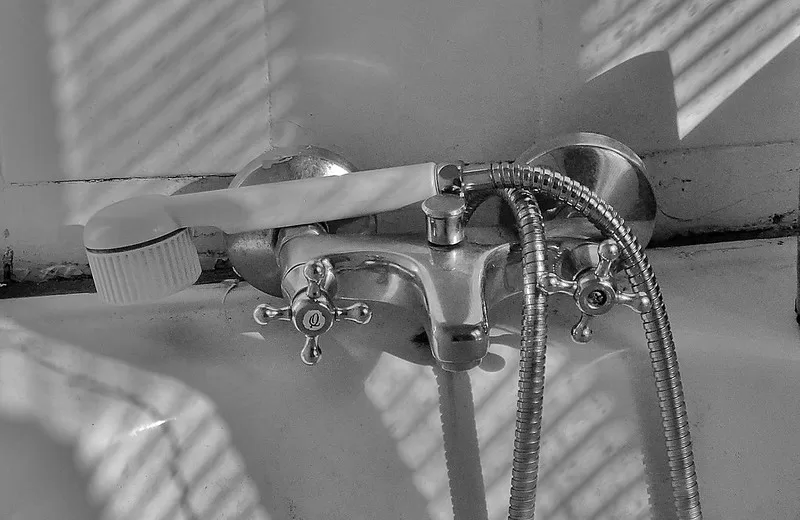An abridged version of “Fifty-Pence for the Meter” was broadcasted on BBC Radio 4 as part of their Short Works Series. That excerpted version can be heard here. * Number fifty-two. Maurice pushes the gate. Knocks gently on blurred glass, gets led into the hallway. ‘Sorry for your troubles.’ ‘Would you like to see the body?’ A man says, his forehead a mass of lines. Maybe in a little while.’ Maurice heads for the kitchen, shuffling among black-suited men and…...

